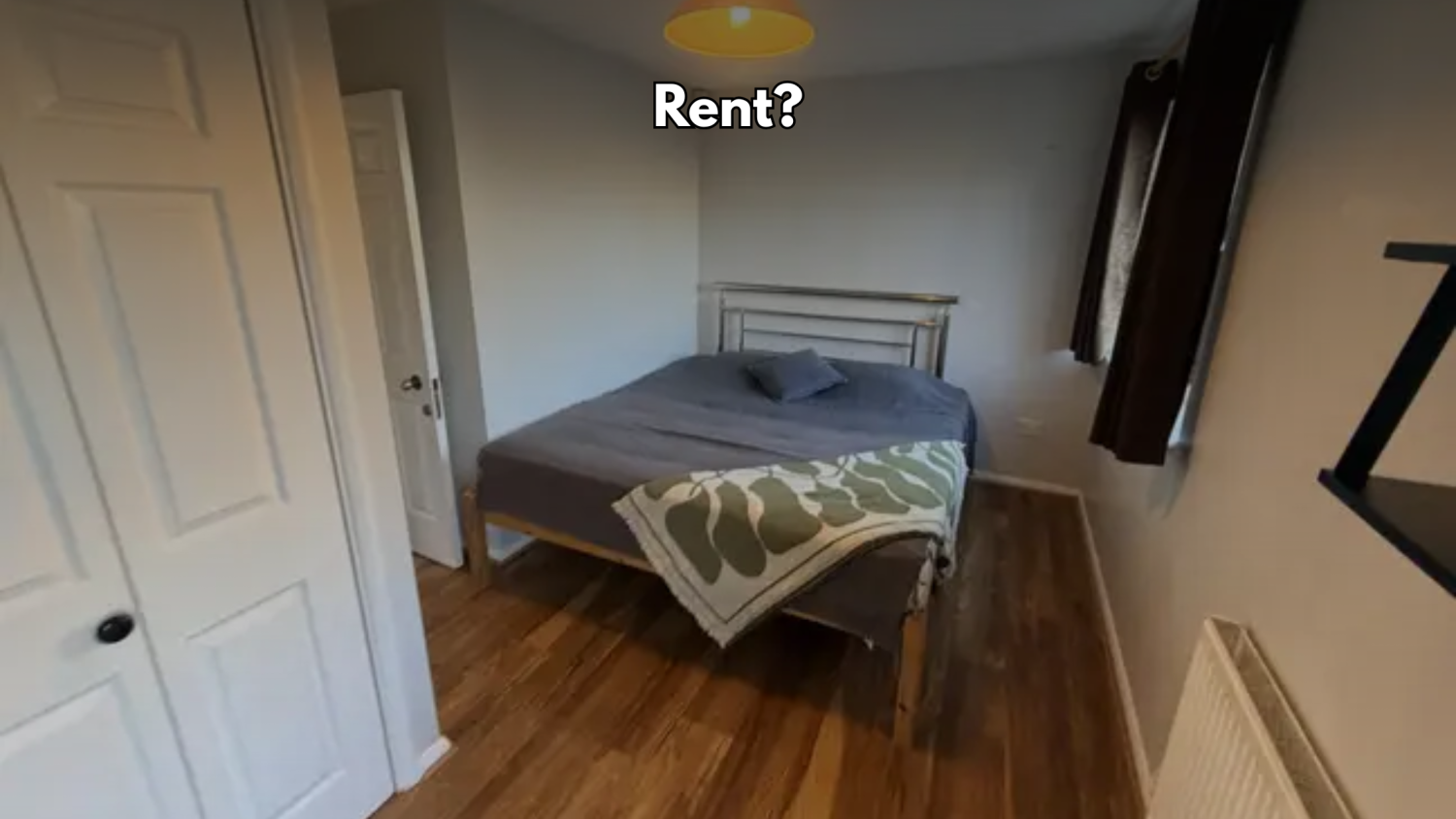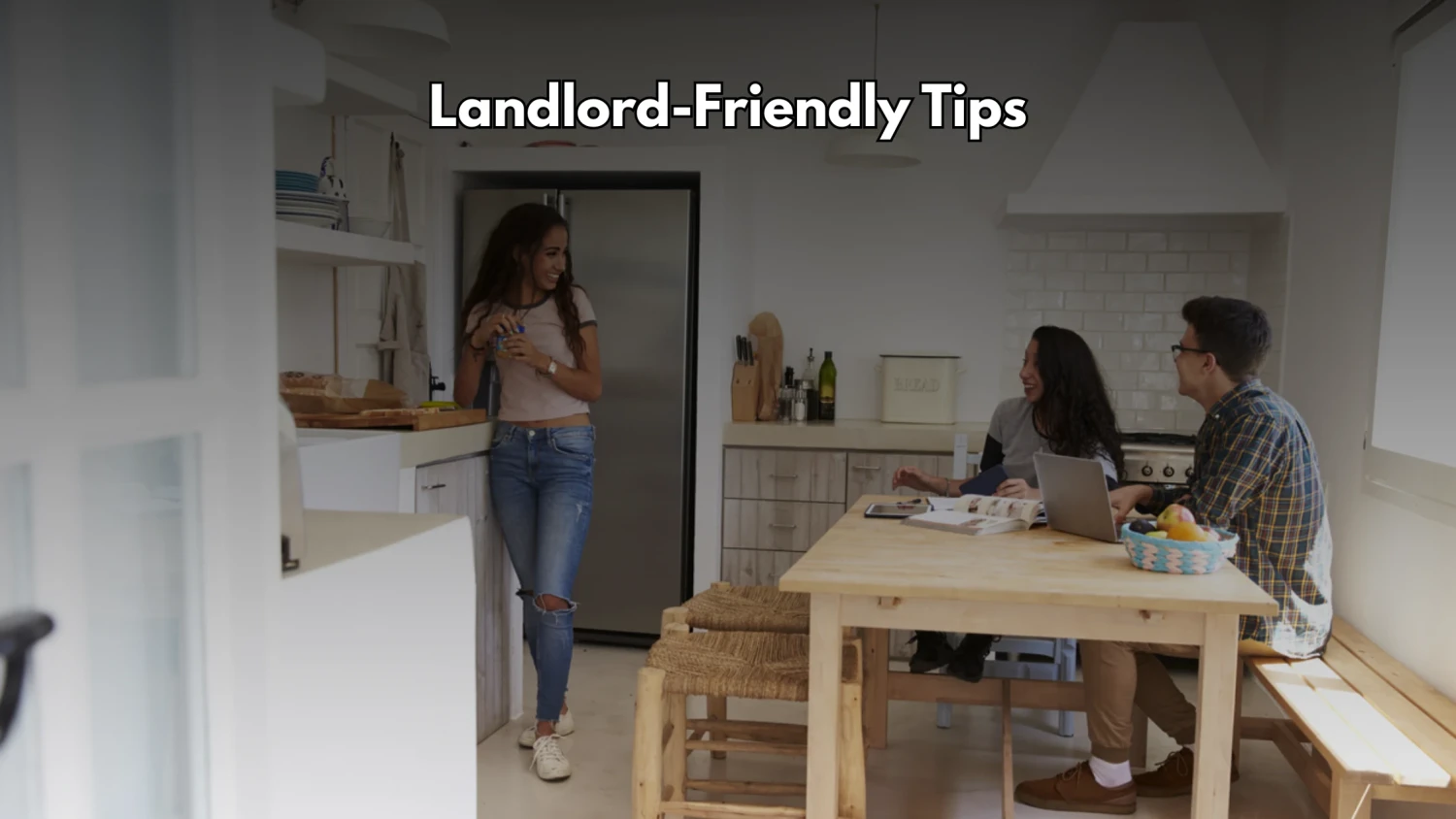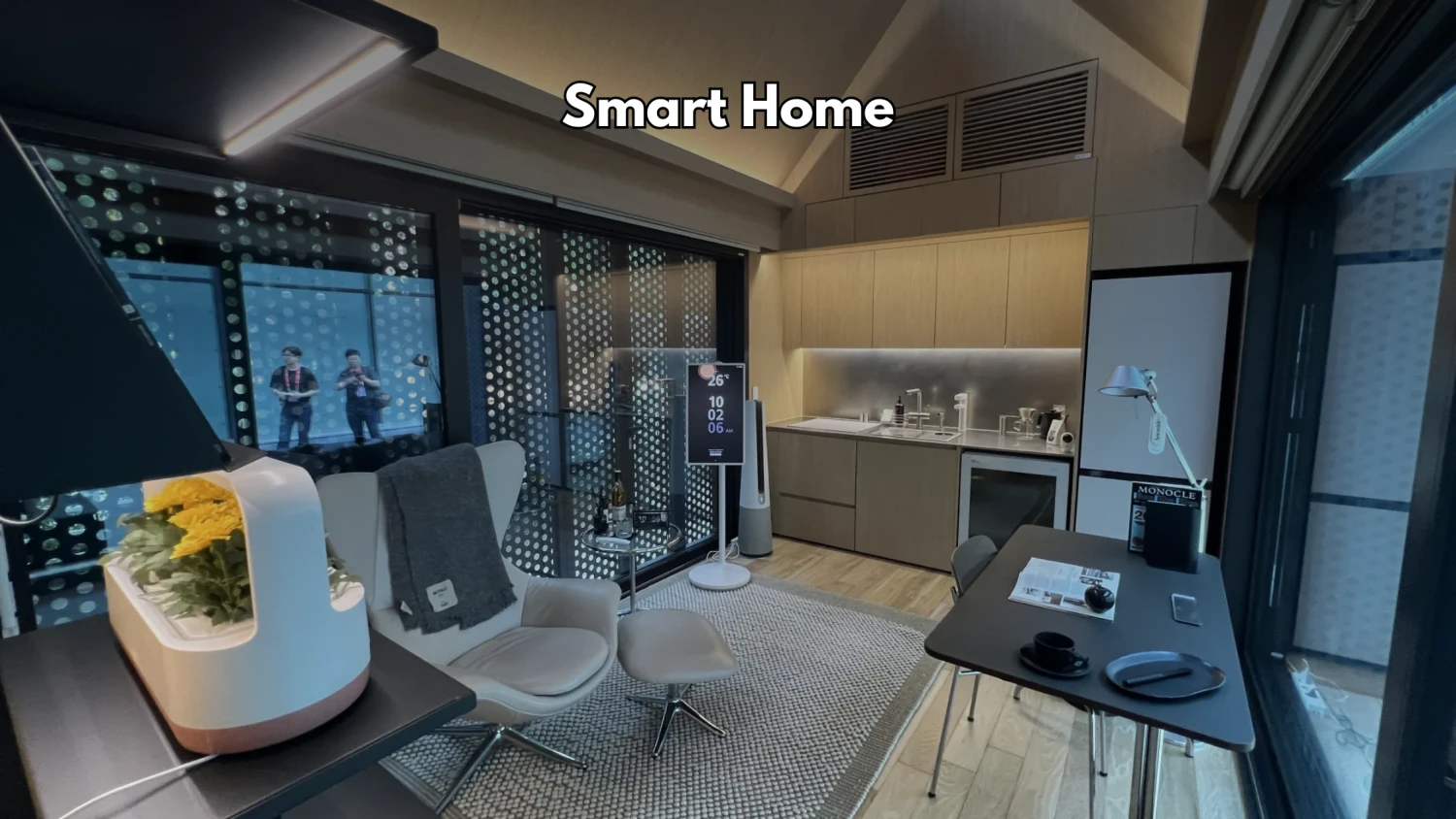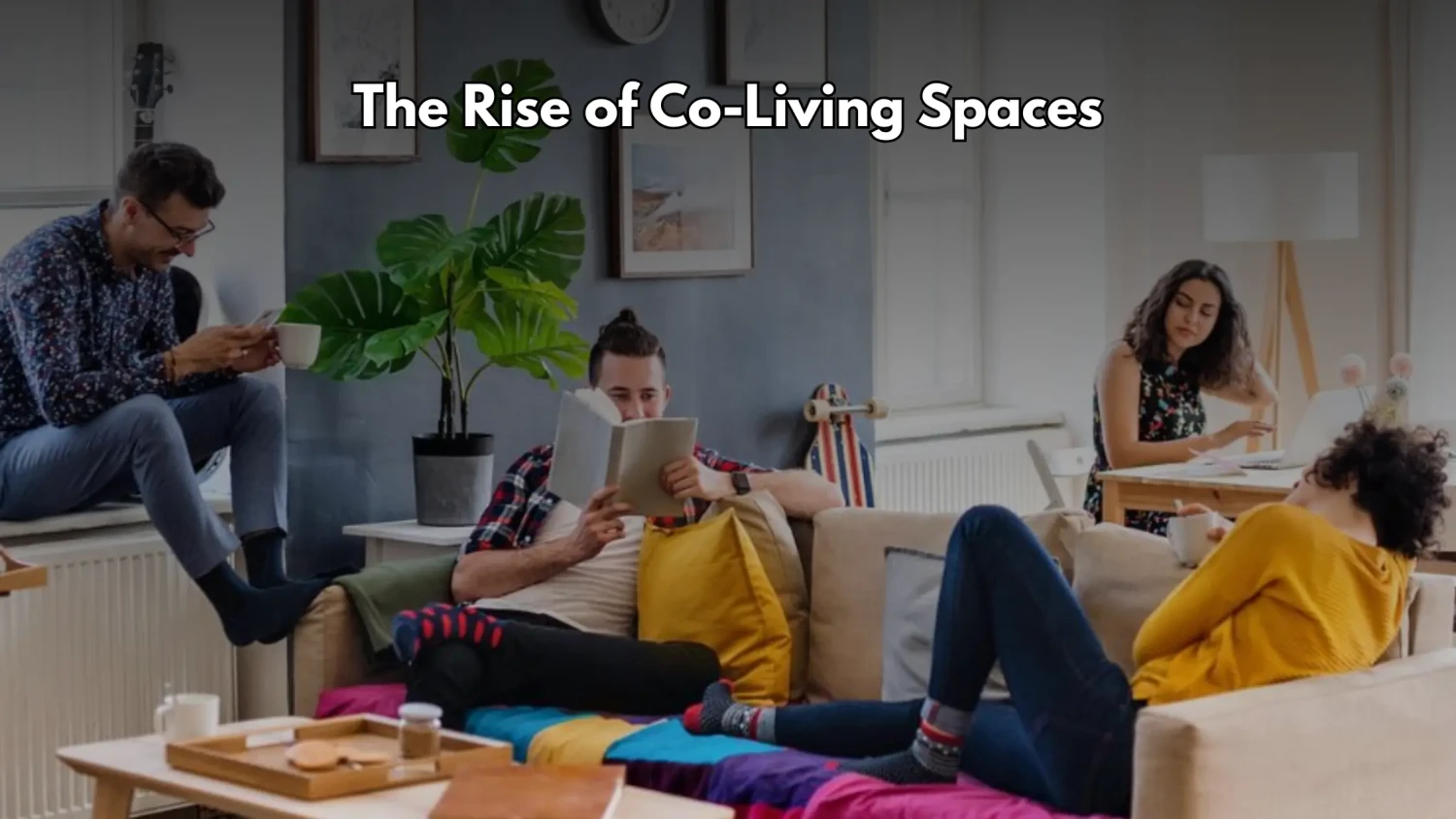
Flatsharing in the United Kingdom has ceased to merely represent split rentals and is now all about the ever-growing cultural diversity in the country. Given the rise in international migration, the demand for shared housing has made it possible for people to unite from all corners of the earth. The common UK flatshare nowadays is, more often than not, a multicultural household: flatmates speak differing languages, celebrate differing traditions, and share differing perspectives within the nucleus of a home.
The Rise of Multicultural Flatshares
In many UK cities, a large share of flatsharers includes international students, young professionals, and migrant workers. The estimates put it at nearly half of all flatsharers being foreign-born, and two-thirds of shared homes having at least two people of different nationalities.
Apart from that, the trend is an outcome of broader demographic changes: international migration to the UK has been steadily growing over the last decade, while shared housing remains a low-barrier entry option for those arriving to live, work, or study.
Why Cultural Diversity Matters in Flatshares
- Cultural exchange
Having international flatmates is a daily learning opportunity for local cuisines, traditions, and worldviews. Meals and festivities together tend to transform normal evenings into cultural experiences.
- Social bonding
For those who have just arrived, flatsharing alleviates loneliness and helps with integration. Numerous foreign tenants have said that they felt like they belonged and were supported by sharing accommodations with people from other cultures.
- Enhancement of the individual
Working one's way through cultural differences instills tolerance, patience, and adaptability. These are skills that prove extremely valuable within an ever-globalizing society.
Regional Variation in Multicultural Living
Not all of the UK's regions offer the same access to multicultural shared accommodation. Large urban centres such as London, Birmingham, and Manchester are the main magnets for international residents, thus creating shared households of the highest diversity. Conversely, smaller towns and rural areas have fewer options, although the demand for them is on the rise everywhere.
Challenges of Multicultural Flatshares
And so we would also list these points as difficulties
- Communication Styles: While some cultures tend to be direct in communication, some others may not. This difference may lead to misunderstanding.
- Daily Habits: Smells from cooking, the pace of cleaning, or social hours may all bring about tension within a community.
- Issues with Overcrowding: In a number of communities, it is common to find ourselves in large households with many household members resulting in flexible norms around the unique situation of shared room and crowded living-space.
While these household characteristics can create problems, venture out there are reasonable agreements and active communication about the household members can create a positive household climate and some of the smaller bumps along the way that can eventually develop into larger issues can be avoided.
Real-Life Experiences
Flatshare individuals describe multicultural homes as enriching and open to the eye. A student may get to try out new cuisine from a flatmate's country, whereas a professional may have never seen those cultural festivals before. On the other hand, certain tenants voice their frustrations when expectations related to noise, guests, or tidiness clash with cultural considerations.
These stories evidentially underline an important truth: cultural diversity within flatshares functions best with mutual respect, curiosity, and compromise.
Quick Snapshot: Benefits vs. Challenges
|
Aspect |
Positive Impact |
Potential Challenge |
|
Cultural Exchange |
Exposure to food, traditions, and languages |
Misunderstandings over lifestyle differences |
|
Social Support |
Reduces loneliness, helps newcomers settle in |
Adjustment period for different norms |
|
Affordability & Access |
Shared costs make city living more achievable |
Overcrowding in high-demand areas |
|
Personal Growth |
Builds tolerance, empathy, and adaptability |
Requires patience and communication skills |
Tips for Thriving in a Multicultural Flatshare
- Communication is crucial. Clear communication about expected noise levels, guests, chores, and bills shall be established.
- Observe Differences-Consider joining cultural traditions; it strengthens the household.
- Building a Common Ground-Whether it is cooking or music, the shared experience brings balance.
- The Flexible Type-Recognize differences in habits; a little patience goes a long way.
- Give Privacy-While sharing is important, safeguards for privacy must also exist.
Conclusion
Cultural diversity in UK flatshares imposes migration as its natural consequence while acting as a powerful opportunity for connection, growth, and understanding. The flatshare setup with foreign cohabitants can turn a very boring-to-the-core housing arrangement into an enriching platelet of shared stories, shared experiences, or paramount friendships that transcend competition.
For their part, tenants must take the multiculturalism of flatsharing in the current tense housing market not just for the price tag, but also for a richer connected lifestyle.









